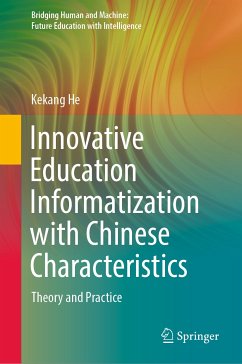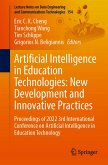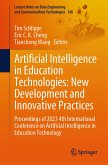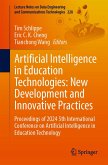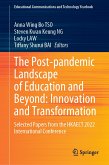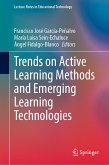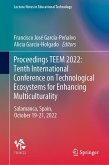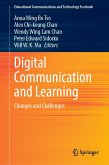This book contains the research of Innovative Education Informatization conducted by researchers from School of Educational Technology, Beijing Normal University since early 1990s. There are three main parts of the book. The first part is about six pillars supporting the theory of Innovative Education Informatization with Chinese Characteristics. Six theories are: 1) Theory of Creative Thinking, 2) New Constructivism, 3) Theory of In-depth Integration of Information Technology and Subjects Teaching, 4) New Theory of Teaching Design, 5) Theory of Children's Thinking Development, and 6) Language Sense Theory. The second part pays attention to advocating maker education system with Chinese characteristics. The third part focuses on Chinese-style flipped classroom. The book will have profound impact on education informatization.
Dieser Download kann aus rechtlichen Gründen nur mit Rechnungsadresse in A, B, BG, CY, CZ, D, DK, EW, E, FIN, F, GR, HR, H, IRL, I, LT, L, LR, M, NL, PL, P, R, S, SLO, SK ausgeliefert werden.

